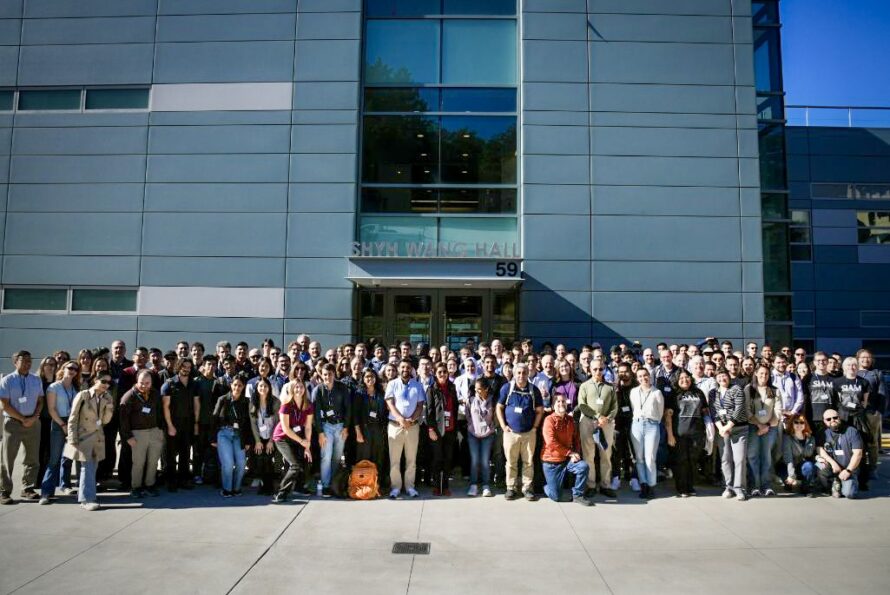NERSC Quantum Report Projects Progress for Science
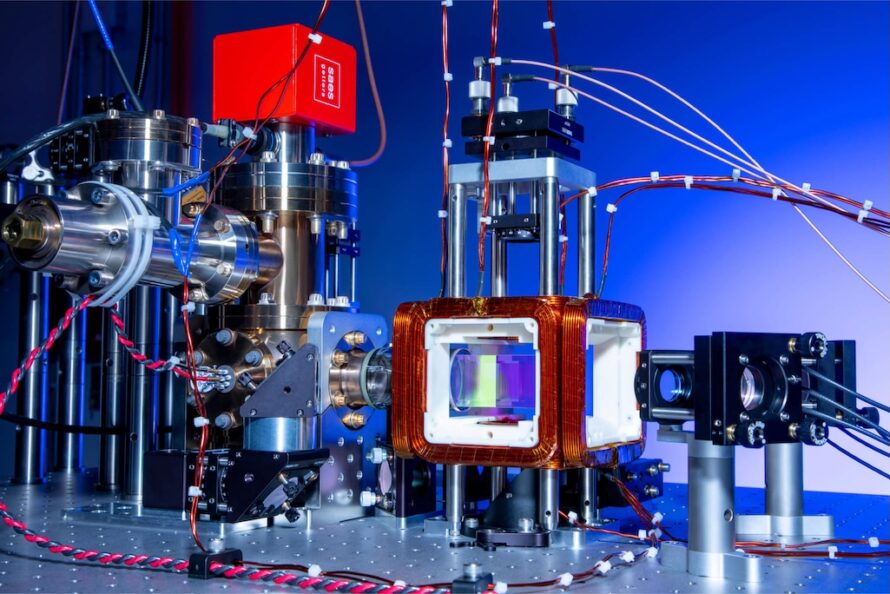
Berkeley Lab Researchers Evaluate Generative AI Models for Filling Scientific Imaging Gaps
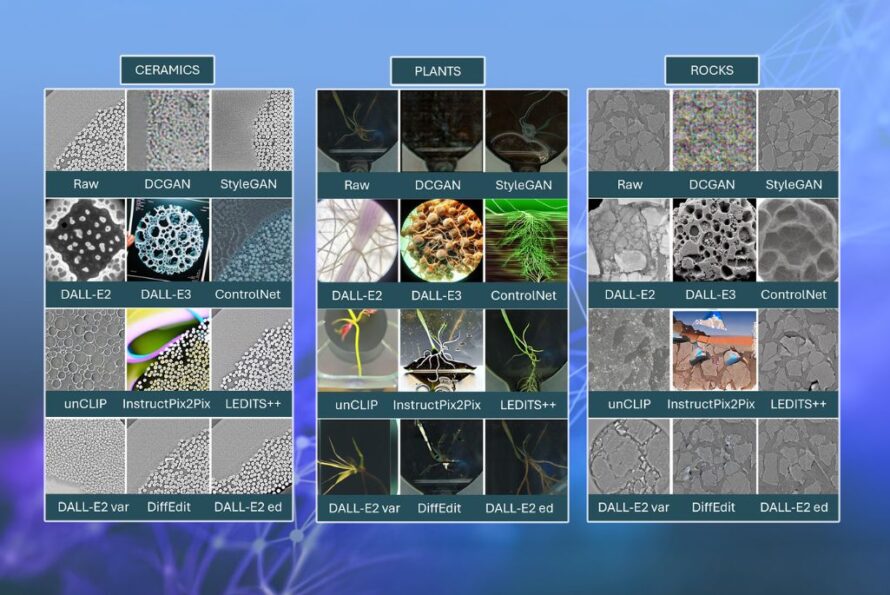
New AI-Powered Hybrid Simulation Reveals How Electrons Drive Chemical Reactions in Liquids
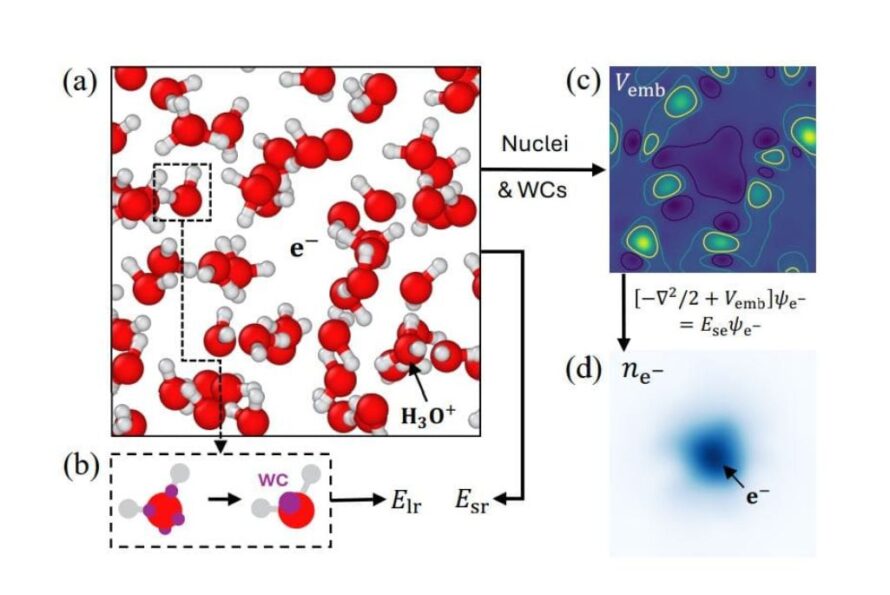
Happy Holidays from Berkeley Lab’s Computing Sciences Area
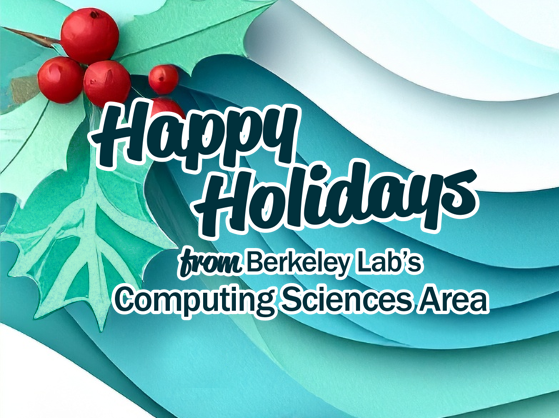
NERSC Network Upgrades Pave the Way for a Faster Future

Unlocking the Power of Quantum Computing with Practical Benchmarking Tools
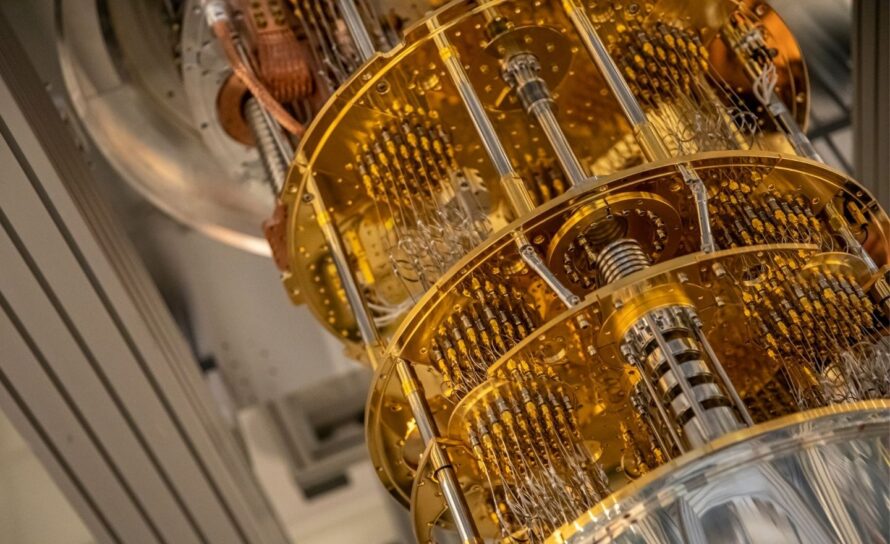
NERSC Co-Hosts HPC Bootcamp to Train Next-Gen Computational Scientists

New AI Model Advances Long-Term, Multi-Scale Prediction of Complex Physical Systems
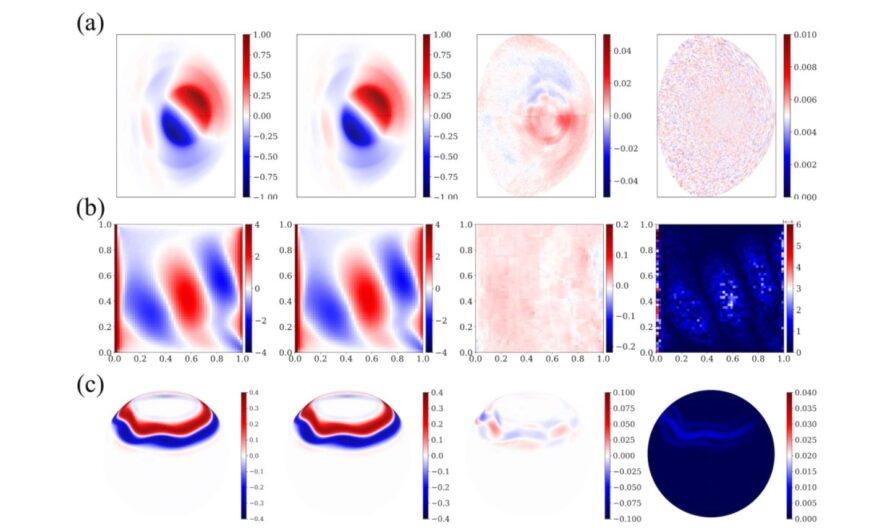
Doudna Storage Partnership Recognized with HPCWire Editors' Choice Award
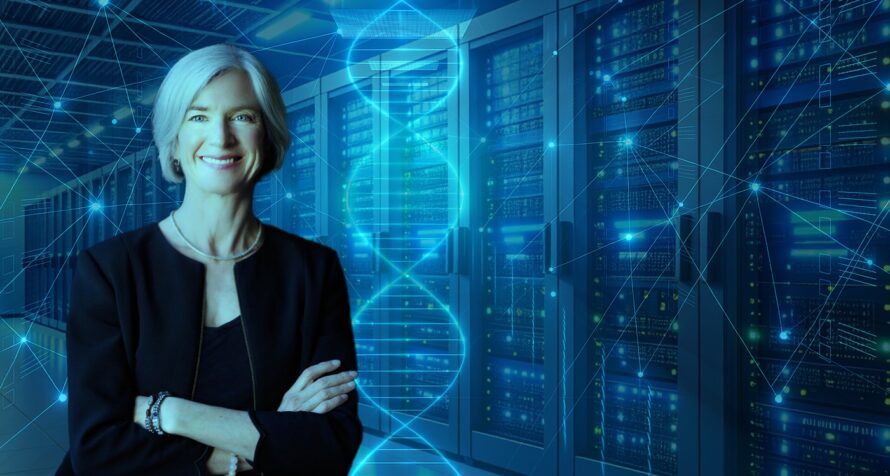
HPSF Receives HPCwire Readers’ Choice Award for Best Collaboration
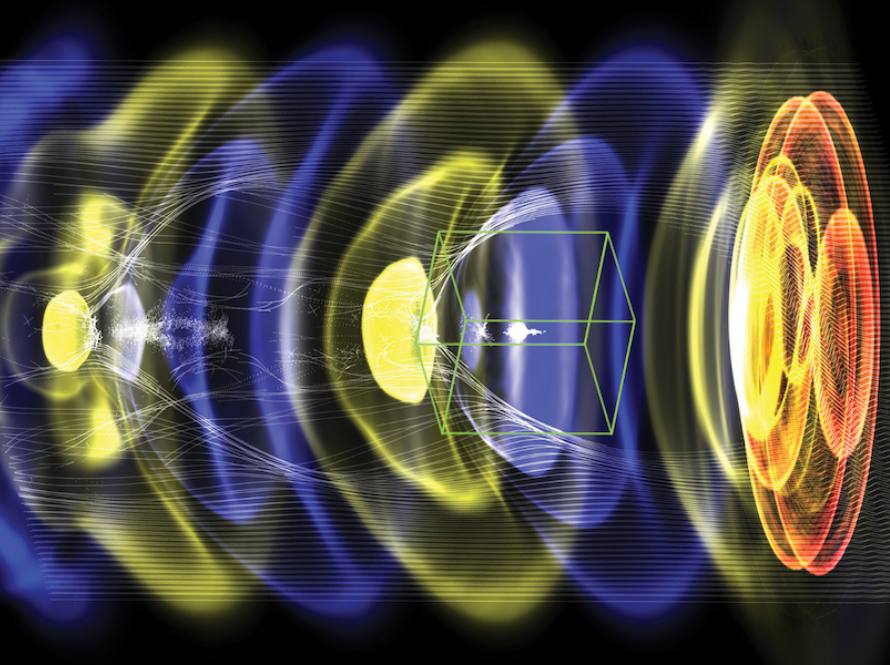
Unprecedented Perlmutter Simulation Details Quantum Chip
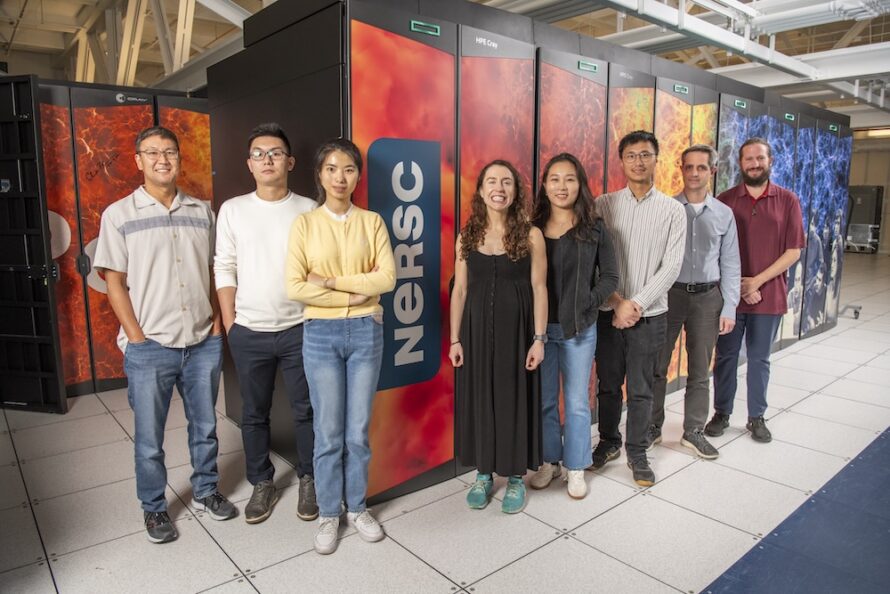
Berkeley Lab Hosts SIAM NCC25
